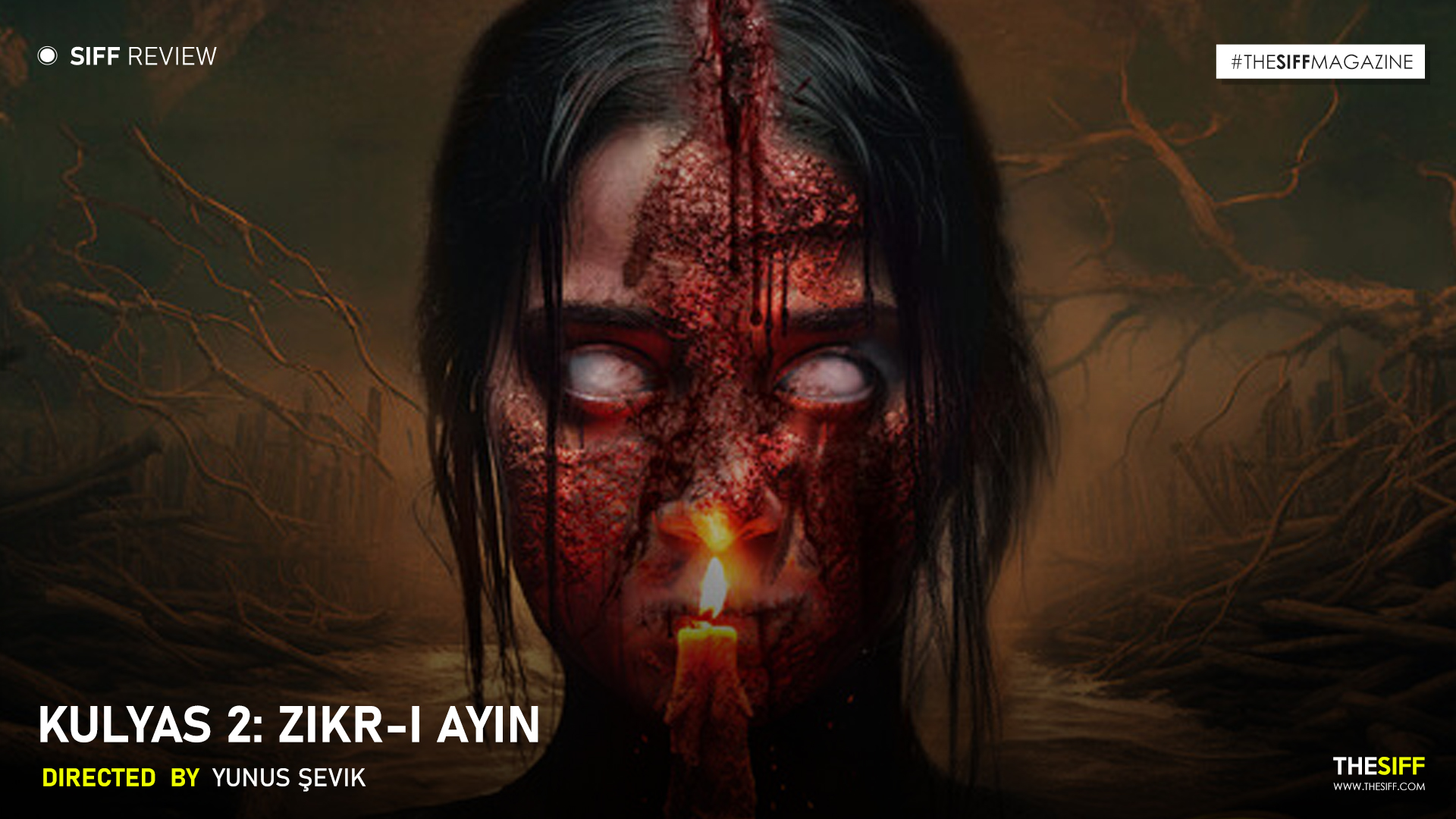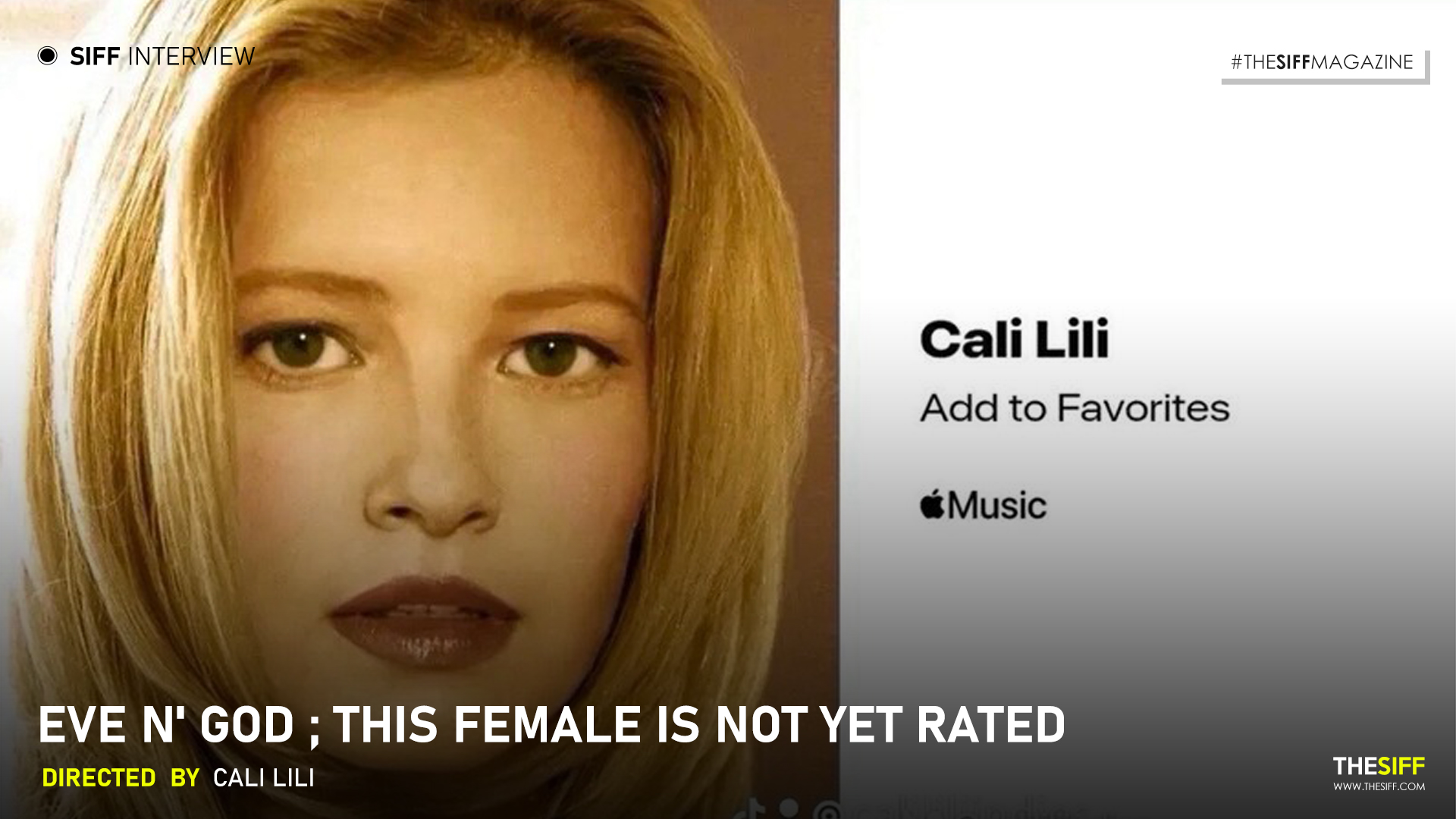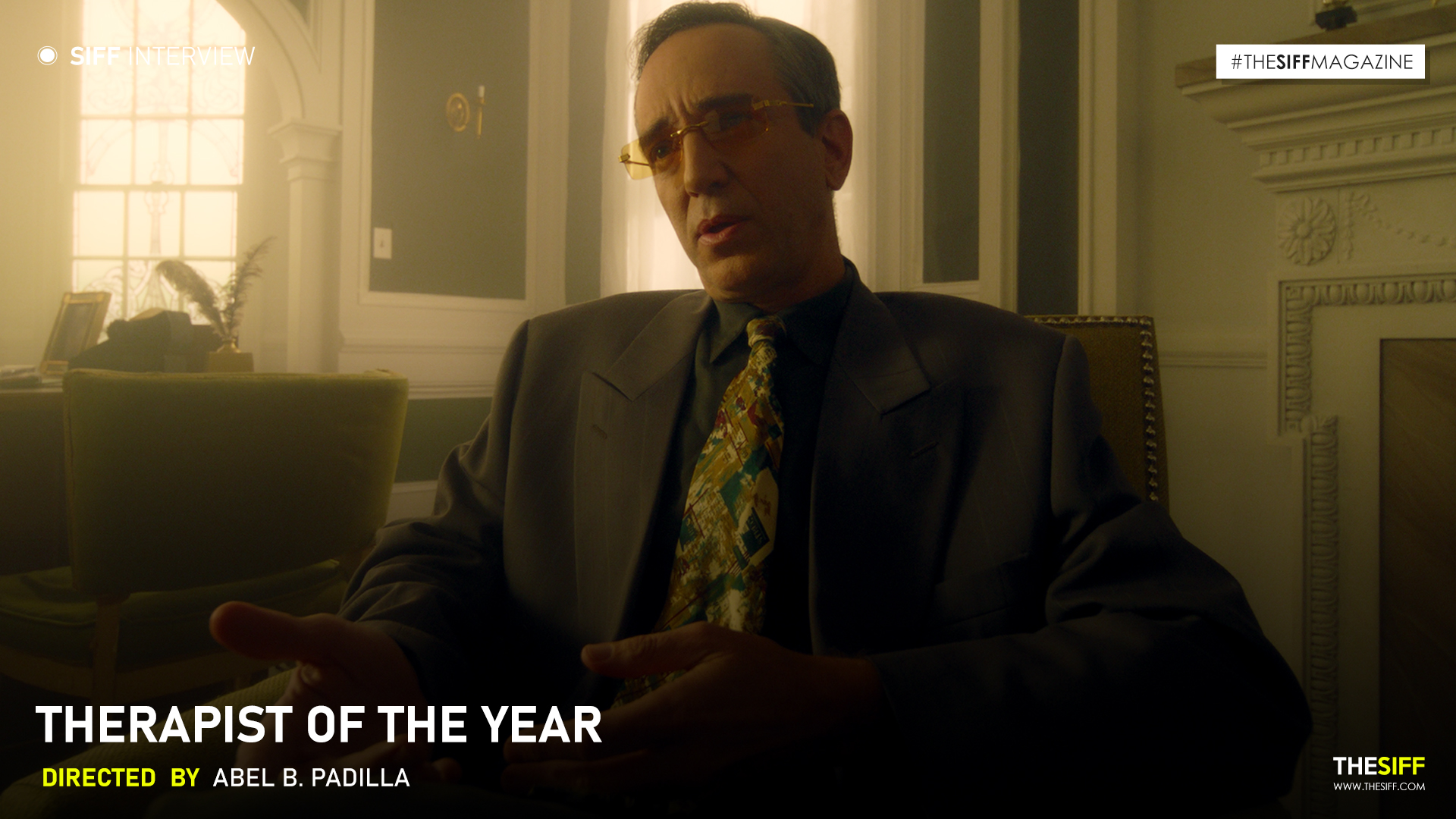
Movie- Black Constellation
Director- Jaime Urquiza
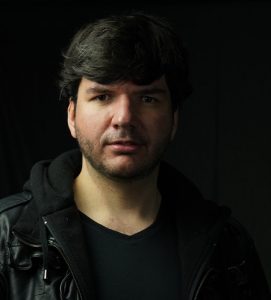
“It’s ironic to think that behaviours we consider neurotic are actually holding the word in place – but sooner or later whatever protection they offer decays.And it’s so much work.So damn much work.”
― Stephen King, Just After Sunset
Human minds are a space of madness. As long as the madness stays hidden, people are marked safe. It is sanity tea that keeps them safe. But when the veil of sanity drops people delve deeper into the dark dungeon of their souls and explore the possibilities and complexities that make us so special.
Human minds have always been a talk of interest among enthusiasts. The possibility that this zone holds is wide and many projects have been done revolving the hidden sector of human minds. Jaime Urquiza, in this latest directorial Black Constellation, too attempts to explore the darkness and it won’t be an exaggeration to remark that he has passed with flying colours.
Though the theme has been dominating the films for quite a long time, Jaime’s brilliant director and an extremely innovative concept make Black Constellation stand out.
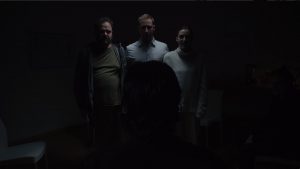
The movie revolves around a therapy session where the patients are sharing their stories with the doctor and the fellow patients. There are four patients and a doctor who share, listen and empathise with each other’s narratives. The film begins in a very comforting setting where people have the courage to open up to strangers and heal their wounds. The conversations among the patients are raw, honest and most importantly, relatable.
Through their narratives, Urquiza points out certain issues that are very much present in our society and how many people are still suffering in various ways. The relatable conversation immediately strikes a chord with the audience as they connect with the characters.
The patients are named Armando, Octavio, Carla and Luis. And the doctor is anonymous.
It is interesting to see how each of the patients have been keeping things buried in their hearts and suffering silently. The space of the doctor’s chamber gives them a sense of comfort and makes them confident. The first story is shared by the person Armando. Armando shares a very graphic description of his perpetrator. His experience is something extremely crucial since issues like these are often ignored in our society. During his turn, Armando shared how at the age of 12 he was molested and raped by hisb15 year old cousin brother who eventually became his boyfriend. The harrowing presence of the cousin kept Armando from speaking out and he always lived under his shadow. The narrative also highlights how hierarchy governs a relationship and causes trauma to one individual. Next we meet Octavio who has an alarming amount of insecurity. His fear has made him stoic and how he has lost hope to live his life fully. The third one is Carla. Carla is a grieving mother and her story highlights how different points of view tamper a healthy relationship. She is not ready to let her son go, and in the process she has grown distant from her husband.
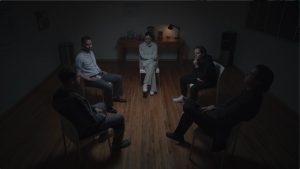
Among the four patients, the last one Louis seems to have doubts about everything. He is without any leash. He is upfront and doesn’t hesitate to comment or interrupt others while they share their story.Stefano Borzato, Rodrigo Santacruz and Luciana González de León play Armando, Octavio and Carla. The actors have portrayed their despair, loss, vulnerability so brilliantly. Diego Lecanda plays Luis, the doubtful patient. The director Jaime Urquiza himself portrays the therapist (cr. Devil in the credit).
The movie takes an interesting turn at the end which strikes the viewers as a shock. This is where Urquiza brings out his brilliance as a thriller director.The movie is brilliant and the camerawork perfectly captures the emotions and darkness of the characters.





